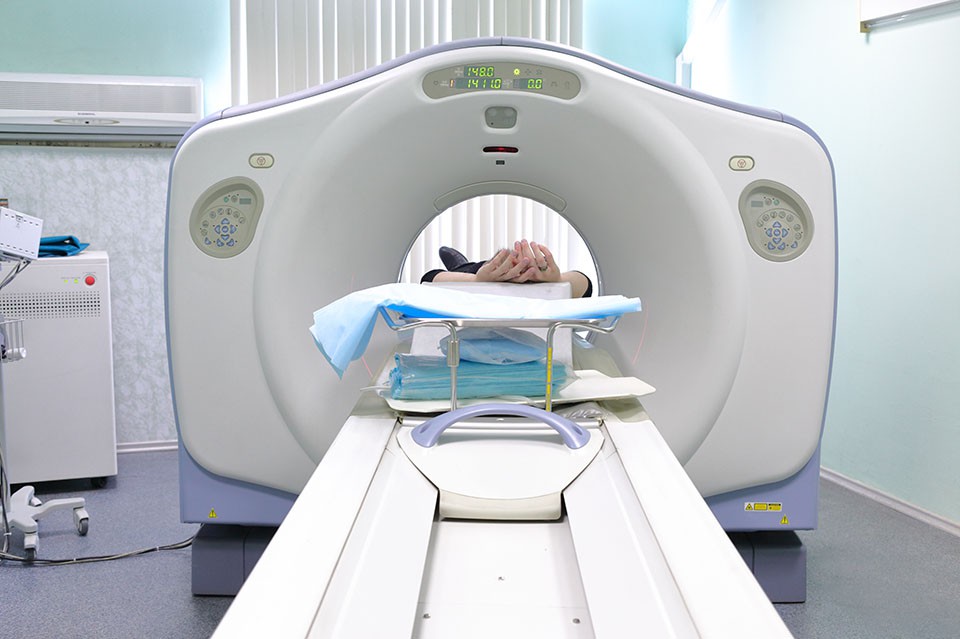Early indications of numerous sclerosis may ordinarily be missed for quite a long time before the right finding is made, another examination recommends. Scientists found that patients with MS had a higher-than-normal number of clinical arrangements, with specialists of different fortes, for as long as five years before their finding. Furthermore, generally, those visits were for neurological side effects predictable with MS – highlighting botched freedoms for a prior determination, the analysts say. “We tracked down that numerous objection that prompted patient visits were viable with first clinical backslides that were not perceived accordingly,” said senior scientist Dr Bernhard Hemmer, a nervous system specialist and educator at the Technical University of Munich in Germany. “Backslide” alludes to the indication flare-ups that mark MS – a neurological sickness brought about by a confused invulnerable framework assault on the body’s own nerve tissue.
First Signs Of MS Might Go Unnoticed
Regularly, MS follows a backsliding dispatching course, where side effects flare for a period and afterwards ease, as indicated by the National MS Society. Since the focal sensory system is influenced, those indications can be wide-running. Among the most well-known are vision issues, muscle shortcoming, deadness and trouble with equilibrium and coordination. As of late, there has been banter among experts about whether MS has a “prodromal” stage – a period where individuals have different vague side effects before the ordinary attributes of MS started. Hemmer said the new discoveries propose something different: At least in the five years before their finding, patients are typically seeing specialists for real MS manifestations.

For the examination – as of late distributed in the diary Neurology – Hemmer’s group inspected protection records from almost 198,000 German grown-ups, incorporating 10,262 recently determined to have MS. The analysts took a gander at their clinical visits and determinations for as long as five years preceding their MS conclusion and looked at them against the remainder of the examination bunch. That examination bunch included individuals with certain other immune system infections (Crohn’s illness or psoriasis) and individuals with no set of experiences of immune system issues. Generally, the investigation discovered, individuals eventually determined to have MS had more clinical arrangements, to different subject matter experts than the correlation bunch.
The greatest distinction was in visits to nervous system specialists, yet they likewise more frequently saw urologists, ophthalmologists, orthopedists and therapists, among differently trained professionals. At the point when it came to analysis, 43 were more normal among individuals later determined to have MS, versus individuals with no immune system sickness. Also, Hemmer said, they were frequently manifestations characteristic of MS – including urinary issues, visual unsettling influences, strange skin sensations, hindered development and unsteadiness.
MS can be hard to analyze right off the bat, somewhat on the grounds that there is no single test for it. “MS manifestations are now and then unpretentious and unexpectedly transmit with no treatment,” Hemmer said. “Frequently these patients do not allude to a nervous system specialist, or they drop the arrangement on the grounds that the side effects have vanished.” Dr Andrew Solomon, a nervous system specialist and partner educator at the Larner College of Medicine at the University of Vermont, coauthored an article distributed with the examination. “Doubtlessly that symptomatic deferral is an issue,” he said, adding that the reasons “are most likely many.”
For one, Solomon said, “MS can look like different things, and different things can look like MS.” To analyze the infection, he clarified, specialists depend on side effects – what they are, yet their example of the event – alongside MRI mind outputs or lab tests that can recognize indications of MS-related harm to the focal sensory system. Some of the time the cycle includes checking patients after some time, Solomon said. However, he added, delays regularly start prior to, for certain patients not being alluded to as an expert in an opportune way.
